Can You Freeze Honey? A Complete Guide for Home Cooks
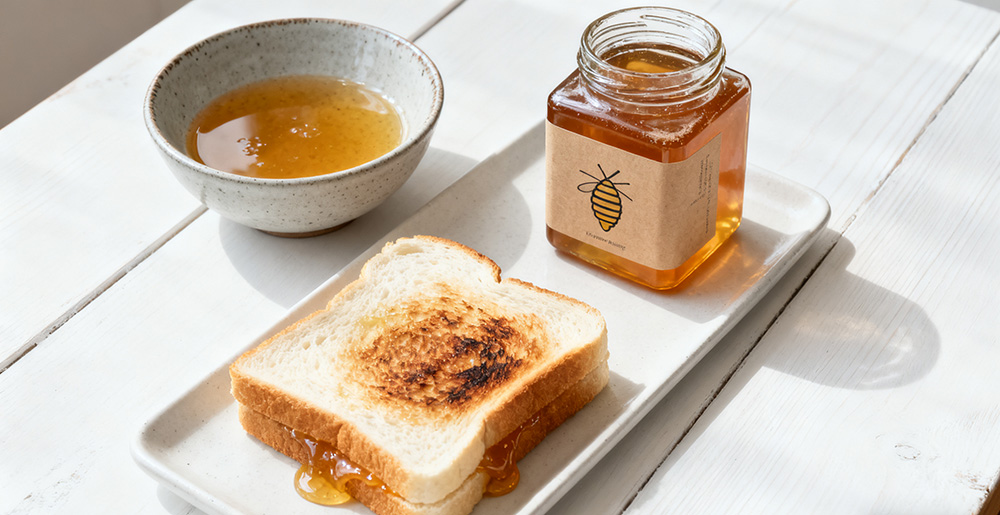
Can You Freeze Honey?
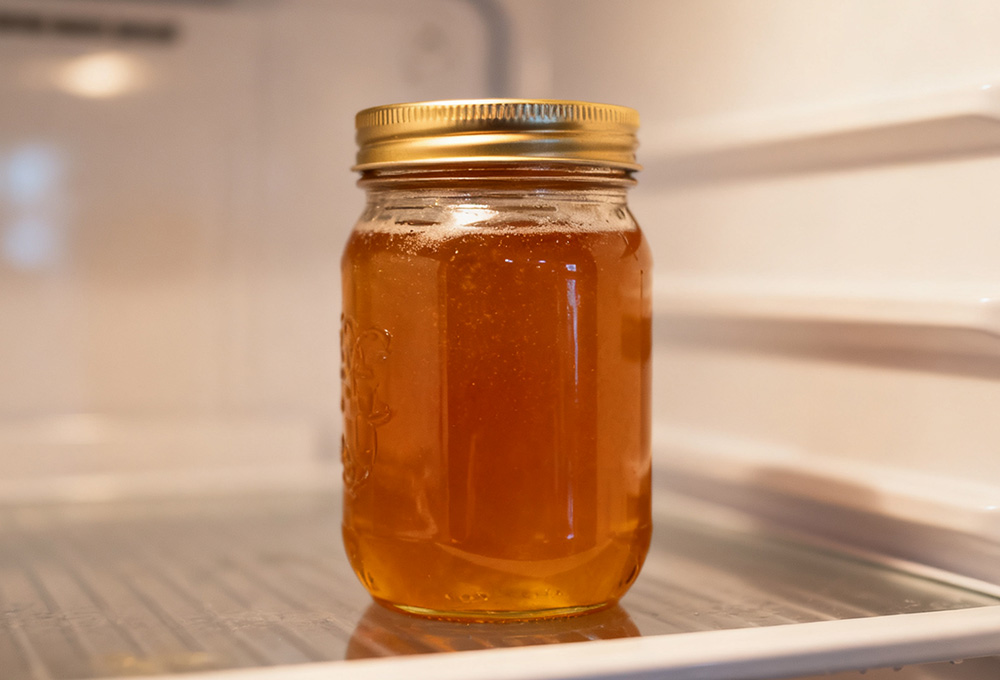
Second, can you freeze honey? Technically, yes. Freezing will not make honey go bad. But it is usually not needed. Honey has very little water. This makes it resistant to bacteria and mold. Its low moisture content means honey stays fresh for years at room temperature if sealed. Freezing offers no extra safety benefit. It is also inconvenient. Frozen honey becomes rock solid. You must thaw it in the fridge or warm water first. For most people, storing honey in a cupboard is much easier.
What Are the Benefits of Freezing Honey?
Freezing honey is not essential. But it has some useful perks in specific cases.
One benefit is a longer shelf life in certain conditions. Honey lasts for years normally. But freezing helps if you have opened a jar many times. It also helps if you live in a very humid area. Humidity can add tiny amounts of moisture to honey. This might speed up crystallization. Freezing stops any potential microbial growth.
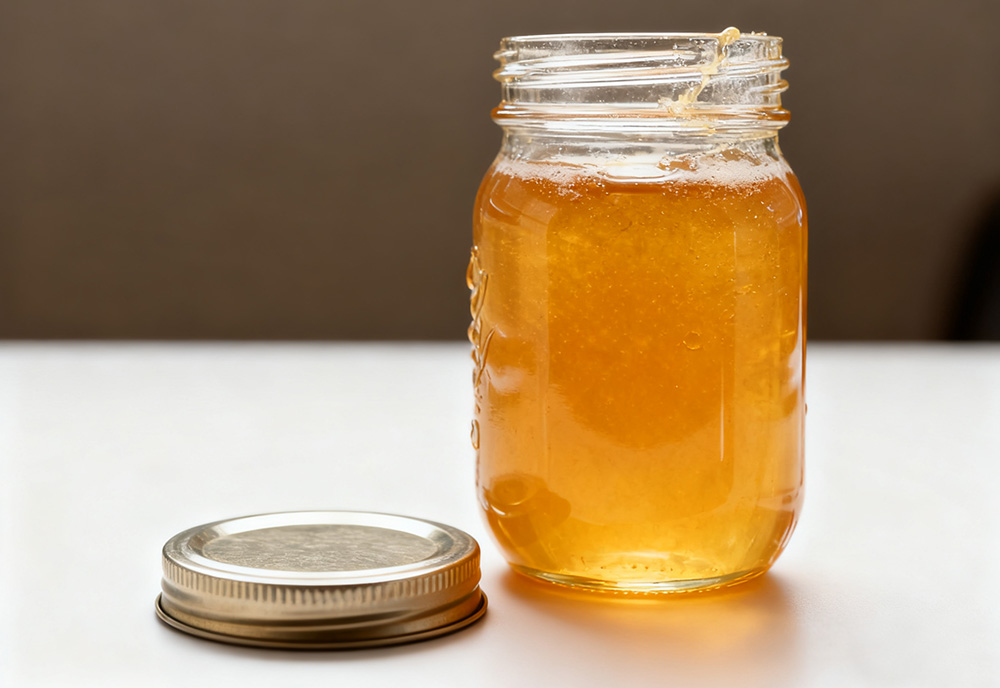
Freezing also helps with storing large amounts. If you buy a lot of honey during a sale, you might lack cabinet space. Your freezer offers extra storage. Honey does not expand much when frozen. You can use airtight jars safely. Just leave a small space at the top for any minor expansion.
Does Freezing Honey Affect Its Quality?
Good news. Freezing does not harm honey's quality. Here is why.
First, nutrients remain. Honey's natural sugars, vitamins, and minerals are not damaged by cold. Freezing does not break down these compounds. Thawed honey has the same nutritional value as fresh honey.
Second, texture changes are not permanent. Frozen honey is very hard. This might seem like a problem. But once it thaws completely, it returns to its original consistency. It will be smooth, runny, or thick again. You might need to stir it gently to mix it. This is quick and does not change the taste.
Third, flavor and odor are safe if you store it right. The only risk is an open container. Freezers contain strong smells from other foods. Honey can absorb these odors. Always seal honey tightly in a glass jar or a freezer-safe container. This protects its original sweet flavor.
How to Prevent Honey from Crystallizing?
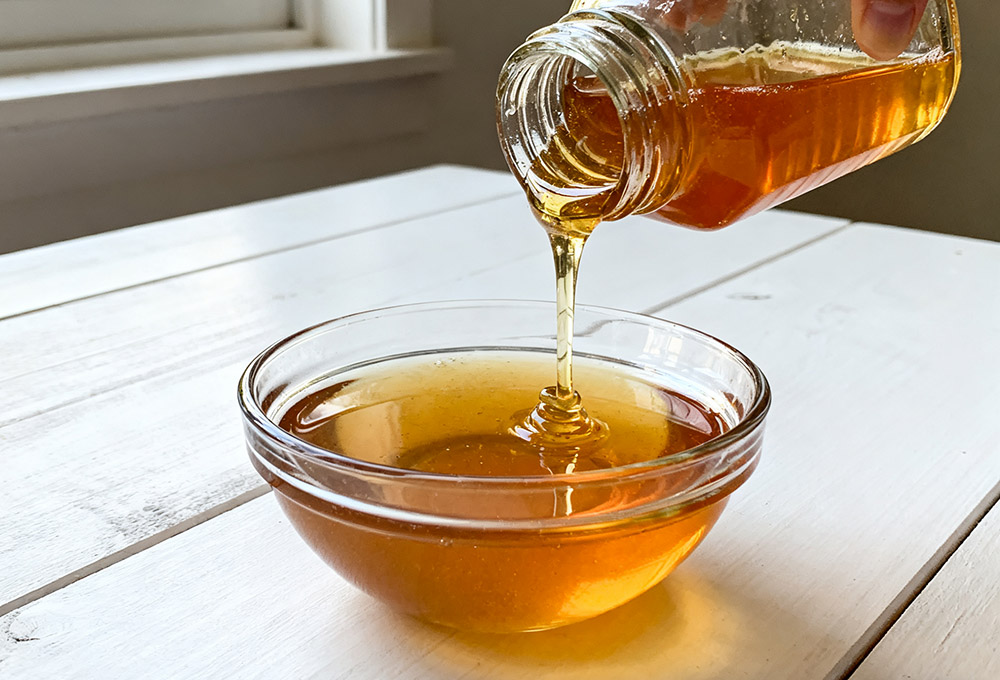
Can Honey Go Bad?
Honey is one of the longest-lasting foods. But it can spoil in a few specific ways.
First, too much moisture ruins it. Honey's low water content prevents spoilage. But if water gets in from a wet spoon or loose lid, mold or bacteria can grow. If you see fuzzy spots or smell something sour, throw it away. Second, high heat damages it. Storing honey in direct sunlight or near an oven breaks down its natural enzymes. It can darken and taste bitter. This honey is not unsafe, but it loses nutrients and flavor. Third, honey is dangerous for babies under one year old. Even fresh honey can contain botulism spores. These can cause infant botulism, a serious illness. Never give honey to young babies.
What Is the Shelf Life of Honey?
Honey's shelf life differs slightly between homemade and store-bought versions.
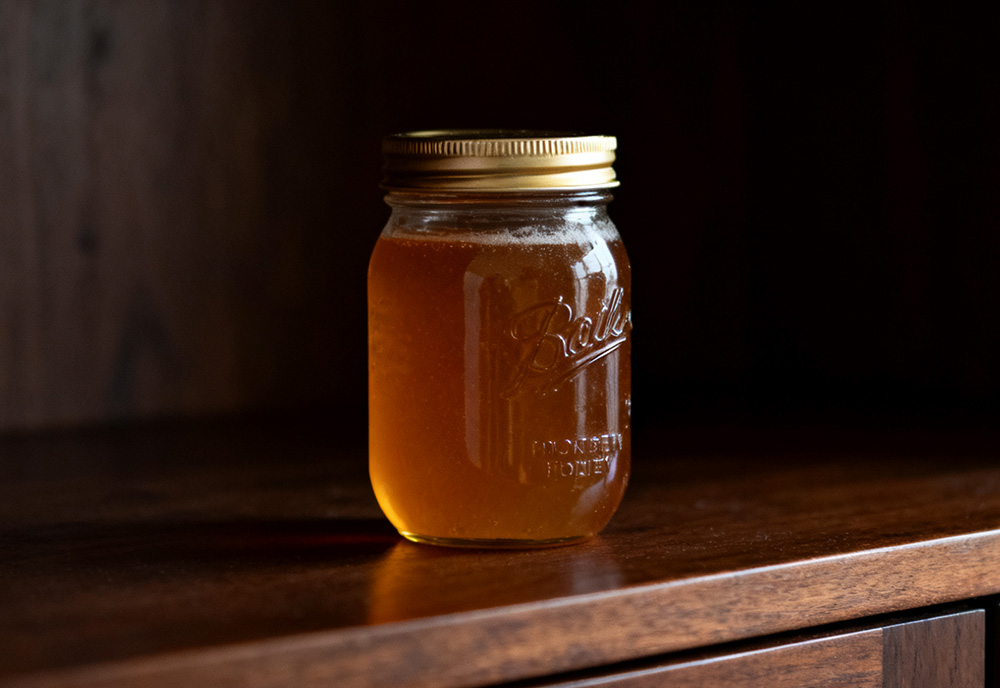
How to Store Honey Correctly?
Good storage keeps honey fresh for years. Follow these simple tips.
Choose the right container. Glass or ceramic jars are best. They do not react with honey's acids. Avoid metal and most plastics. Ensure the lid fits tightly. Pick a good storage spot. A cool, dry, dark cabinet is perfect. Keep it away from heat sources and sunlight. Room temperature is ideal. Avoid humid areas near sinks. Always seal it properly. Never put a wet spoon in the jar. Wipe the jar's opening clean before closing. If you freeze honey, thaw it the right way. Thaw it in the fridge overnight or in a bowl of warm water. Do not microwave it. Microwaving destroys enzymes and can create hot spots. Also, do not refreeze thawed honey. This can worsen crystallization.
You can freeze honey, but it is often not needed. Honey stays fresh for years in your pantry. Freezing is a good backup for humid areas or large stocks. When frozen correctly, honey keeps its nutrients, flavor, and texture. Remember the key to great honey: store it cool, dark, dry, and sealed. Whether your honey is homemade or store-bought, these tips will keep it sweet and fresh for a long time.
